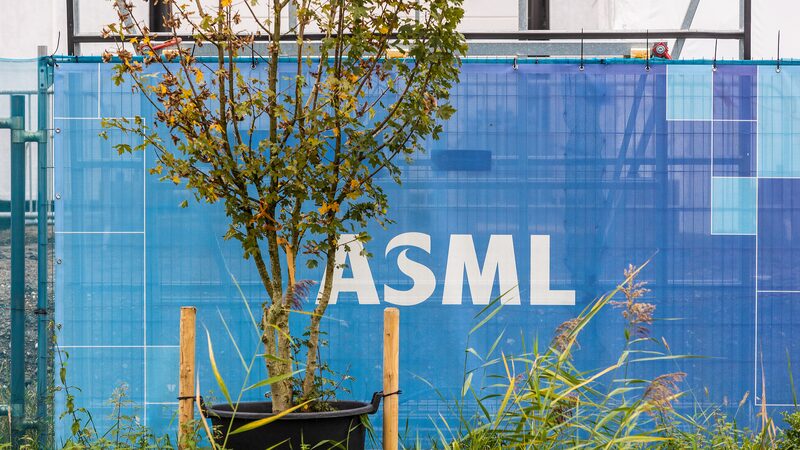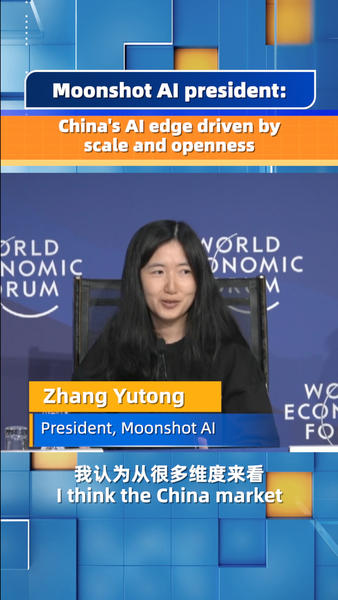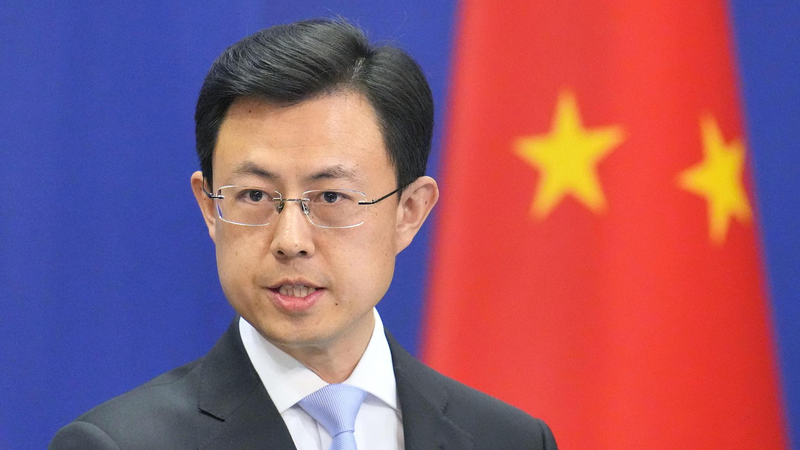Hey tech enthusiasts! 🌐 Ever wondered how global politics can shake up the tech world? Let's dive into the story of Dutch tech giant ASML and see how it's becoming a 'hostage' in the ongoing tech tussle between the US and China.
ASML, a key player in the semiconductor industry, was riding high with China being a massive market, accounting for nearly half of its global sales. But things took a twist when the US imposed restrictions on ASML, limiting its export of high-end lithography machines to the Chinese mainland.
🌍 A Shift in the Market
These restrictions hit ASML hard. Orders from the Chinese mainland dropped sharply in the third quarter of 2024. Predictions suggest that by 2025, revenue from the Chinese market could plummet to about 20%. That's a significant drop, and it shows. ASML's order volume is now less than half of what was expected, and net profits fell by nearly 16% compared to the previous year. Ouch!
The company's stock prices took a nosedive too, marking the largest drop in 26 years. 📉 Talk about a rollercoaster ride!
🤔 The Bigger Picture
ASML's CEO, Christophe Fouquet, didn't hold back. He highlighted that the US restrictions are hurting not just ASML but also the wider global tech ecosystem. He emphasized that China is a crucial market and that such limitations could backfire, leading to a bigger backlash. Fouquet pointed out that attempting to decouple the global semiconductor supply chain is both expensive and complex – and frankly, doesn't make sense for economic growth.
🛠️ Europe's Response
European countries aren't just sitting around. Nations like Germany, France, and Sweden are launching initiatives to support startups in key sectors. They're fostering collaborative projects to reduce reliance on US tech firms. 🇪🇺
These governments are rolling out policies, funding programs, and forging strategic alliances to bolster Europe's technological independence. Acts like the Digital Markets Act and the Digital Services Act aim to level the playing field, curbing the dominance of US tech giants like Google, Amazon, and Apple. It's all about creating a fairer market for European companies.
🌐 The Challenge Ahead
The US's 'America First' policy, which emphasizes domestic economic growth and protectionism, poses significant challenges. For European tech companies, this could mean reduced access to the lucrative US market or increased costs of doing business there. It might also limit opportunities for collaboration on research and development.
European tech firms could face hurdles in scaling globally, especially since the US is a key market in sectors like software, hardware, and advanced manufacturing. Restrictions on technology sharing or joint ventures might arise due to concerns over intellectual property and national security.
🚀 Looking Forward
The situation with ASML highlights a broader issue: how geopolitical tensions can ripple through the tech industry, affecting innovation and growth. It's a complex web where politics meets technology, and companies like ASML find themselves caught in the middle.
For us, the digitally savvy generation, it's a reminder of how interconnected our world is. Tech isn't just about gadgets and code; it's also about global relationships and policies. Let's keep an eye on how this unfolds, and what it means for the future of technology and innovation worldwide. 🌍✨
Reference(s):
Dutch firm ASML becomes 'hostage' in China-US tech competition
cgtn.com




